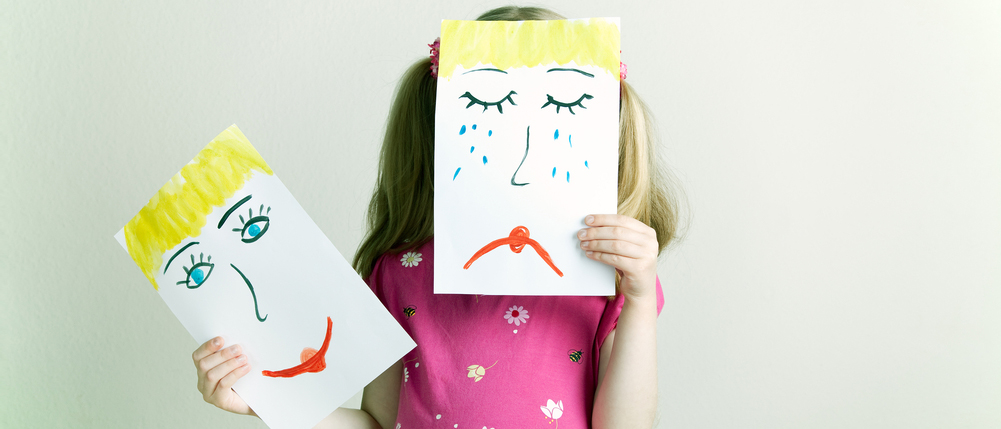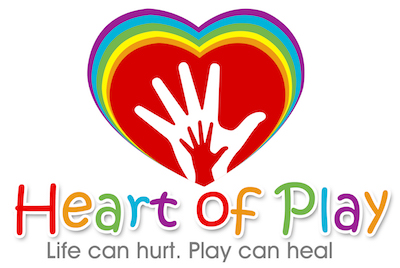
Play Therapy
Play is so important in our lives, it enables us to have fun! For children, play is how they learn and develop but most importantly, how they regulate their emotions and communicate with others.
Reaction to trauma, current life events or even just coping with daily life can manifest itself in a number of different ways in children. From emotional or psychological stress, displayed often as anxiety, depression, social and academic behavioural issues, or with physical symptoms, such as bedwetting, sleeping or eating disorders.
Where an adult might see a therapist or counsellor, for children play therapy is a natural treatment to explore and deal with stuck thoughts or feelings.
Children often don’t have the words to express their experiences or how they feel so they play out their feelings during sessions, which helps them to make sense of what’s happening on the inside and helps them move through challenges such as:
- Attachment and bonding issues
- Grief and loss
- Behavioural and emotional issues
- Separation/ divorce
- Bullying
- Anxiety
- Depression
- Domestic Violence
- Foster and Adoption
- Trauma and Abuse
- Social and Academic issues
- Sleeping and eating
- Bed wetting
- Disability and illness
- Life changes
How is Play Therapy different from my child’s normal play?
“Play is generally important to your child’s development because it offers them the opportunity to make sense of their world and helps them rehearse for adult life. Play between a parent and child provides a sense of joining, security and attachment.
In Play Therapy the therapist is trained to read the metaphors of the play and observe emerging patterns. The main goals of play therapy, regardless of the symptoms, are to help the child regain their former level of functioning, enhance self‐esteem and build the child’s coping resources.
In Play Therapy the child uses the whole self (mind & body) to express unconscious thoughts, fears, anxieties and wishes, etc., which helps them process or resolve “stuck” thoughts and feelings. This often happens in subtle ways, with effects noticed in the child’s daily functioning.
